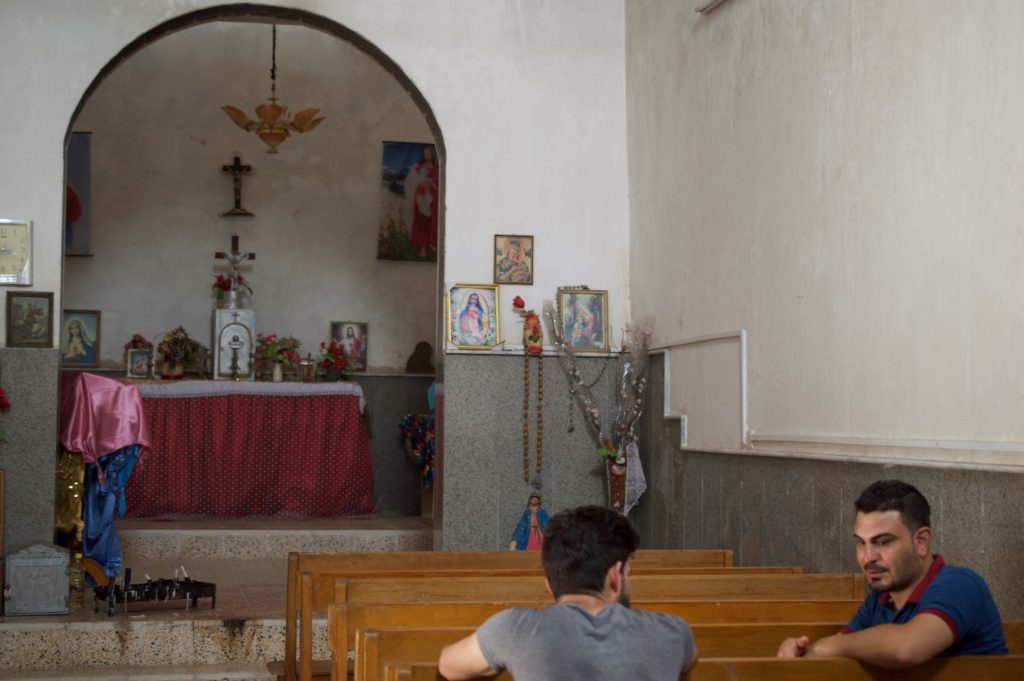WILLS POINT, TX – The closure of yet another Christian church and its Bible school by authorities in Algeria spurred one of our reporters to dig a little deeper. He decided to investigate government restrictions and political persecution against the Church.
He didn’t have to look far. A recent report by the Pew Research Center took “A Closer Look at How Religious Restrictions Have Risen Around the World.”
The in-depth report separated political and governmental interference with freedom of worship from persecution at the social level.
For the most part, governments impose restrictions on worship while social peers are more inclined to kill, maim, and destroy. These are the stories that generate the most headlines.
The Pew report breaks Government Restrictions down into four major categories.
- Government favoritism of religious groups
- Laws and policies restricting religious freedom
- Government limits on religious activities
- Government harassment of religious groups
Government favoritism of religious groups
Lebanon is the only one of the 20 Middle Eastern countries that does not favor a specific religion. Seventeen countries have an official state religion. The number of countries showing government favoritism is multiplying in Sub-Saharan Africa and in the Asia-Pacific region.
These countries are typically willing to subject their laws to the prevailing religious laws of the favored group. Where Islam is predominant, for instance, Sharia law often supersedes national and local laws. A person innocent of wrongdoing under civil law may be deemed to be guilty under Sharia.
Afghanistan, Bangladesh, Pakistan, and Malaysia are numbered among the 10 countries with the highest levels of favoritism.
Government restriction laws and policies on religious freedom
This category “includes some of the most common types of restrictions identified by the study.”
These countries typically require some form of government registration before a church is permitted to operate. Often, only worship facilities owned by the favored religion can gain certification. Others may apply, but their petitions are sucked into a proverbial black hole during the process.
Eritrea tops the list of nations in this group. The list also contains China, Syria, and Turkey.
Government limits on activities of religious groups and individuals
While registration limits the ability of churches to operate as an entity, some countries restrict forms of public and private worship, distribution or possession of religious literature, and evangelism.
Other countries limit the content of what may or may not be taught or preached. This may include forced inclusion of government-supplied sermon outlines and texts. China is a prime example of a country taking significant steps in this respect.
Government harassment of religious groups
Harassment is sometimes justified on the basis that a religious group is suspected of terrorism. In this case, terrorism means acting to overthrow the current government. This category includes “harassment ranging from violence and intimidation . . . to formal bans on certain groups.” Iran, Russia, and Syria are included among the 10 worst offenders in this category.
“Among the 25 most populous countries, Egypt, India, Russia, Pakistan, and Indonesia had the highest overall restriction on religion in 2017,” the most recent year covered by the report.
To read more news on Religious / Government Restrictions on Missions Box, go here.
Sources/Credits:
- The Pew Research Center, A Closer Look at How Religious Restrictions Have Risen Around the World
- Christian Headlines, Authorities Seal Another Church Building in Algeria Shut
